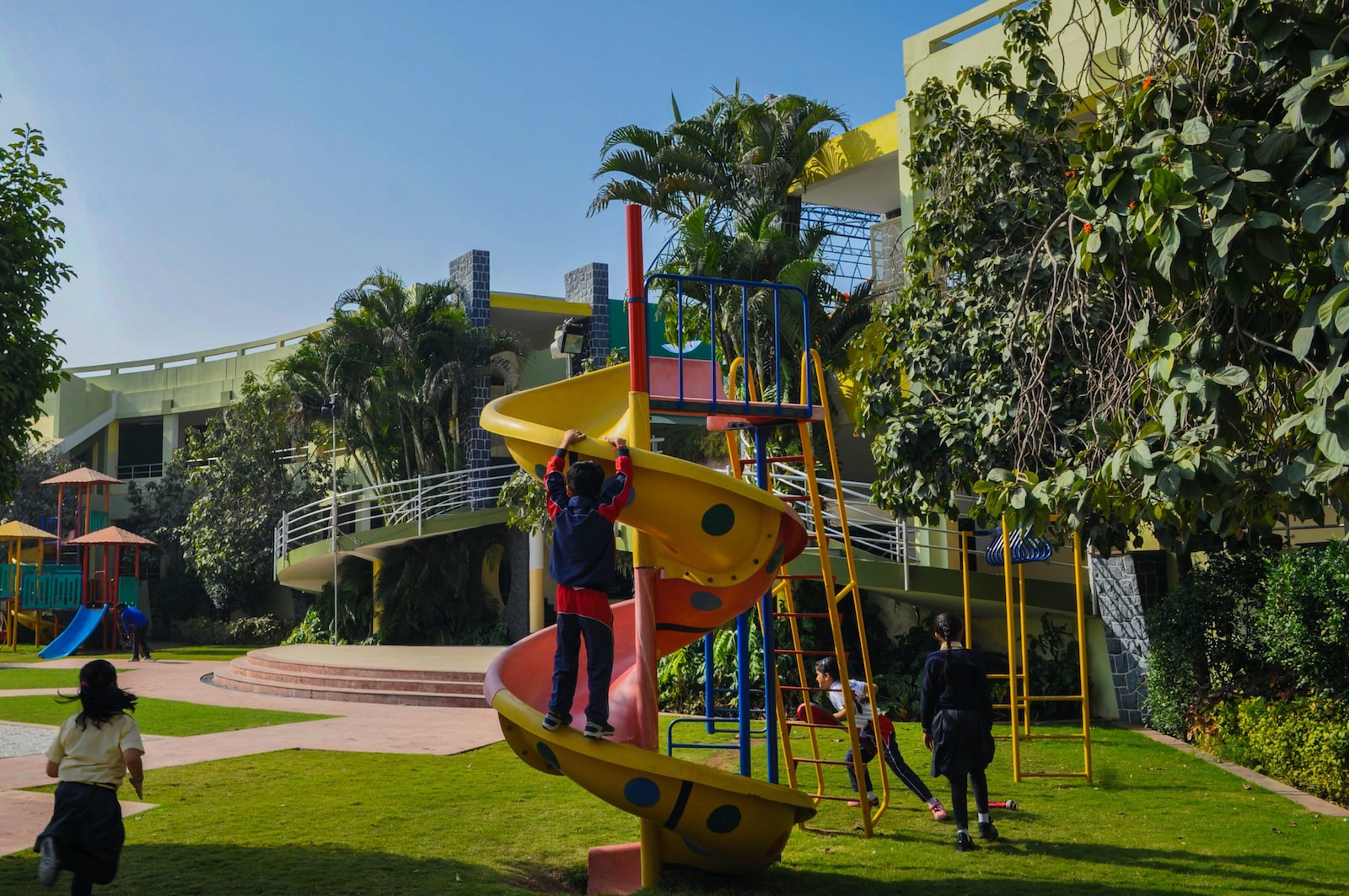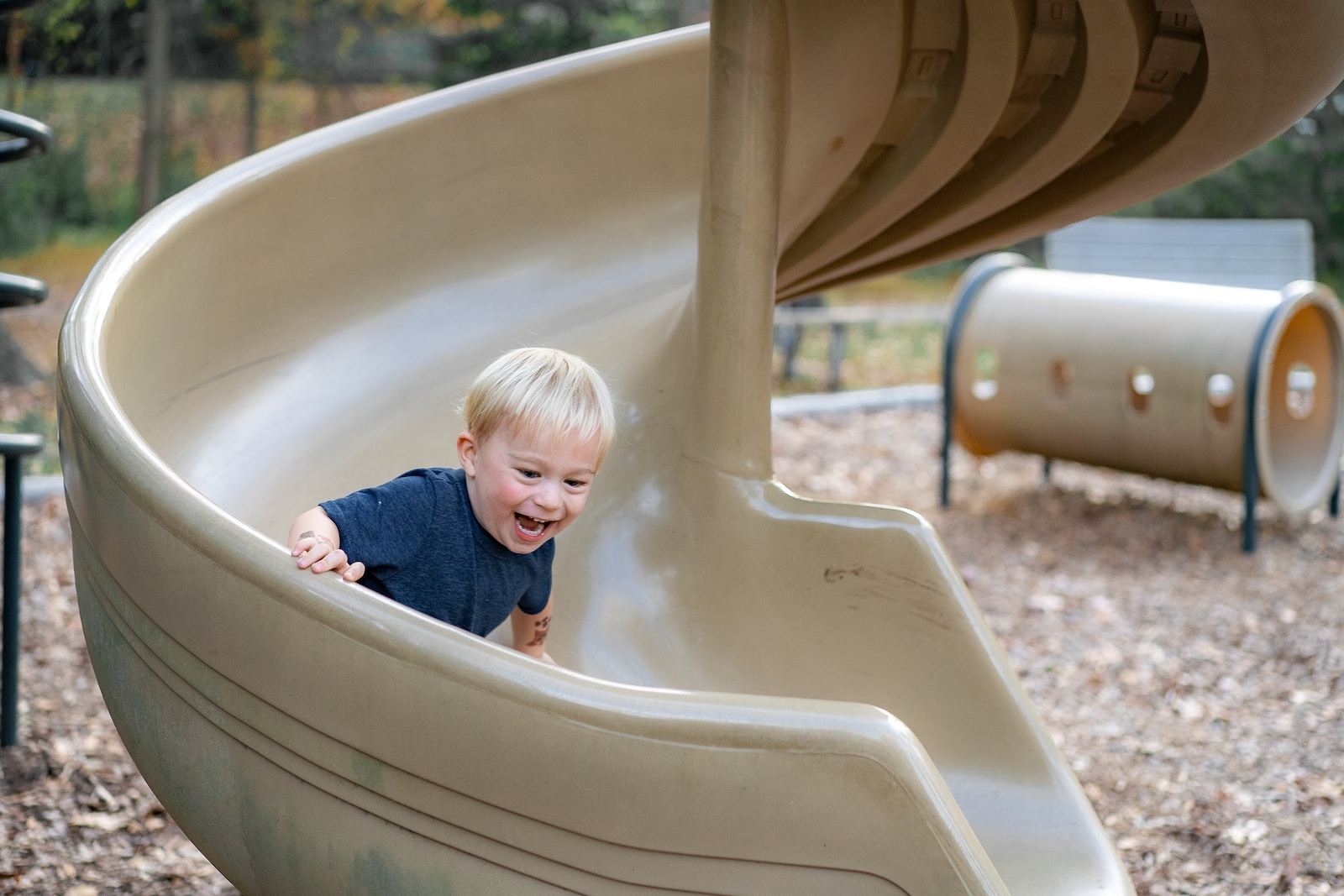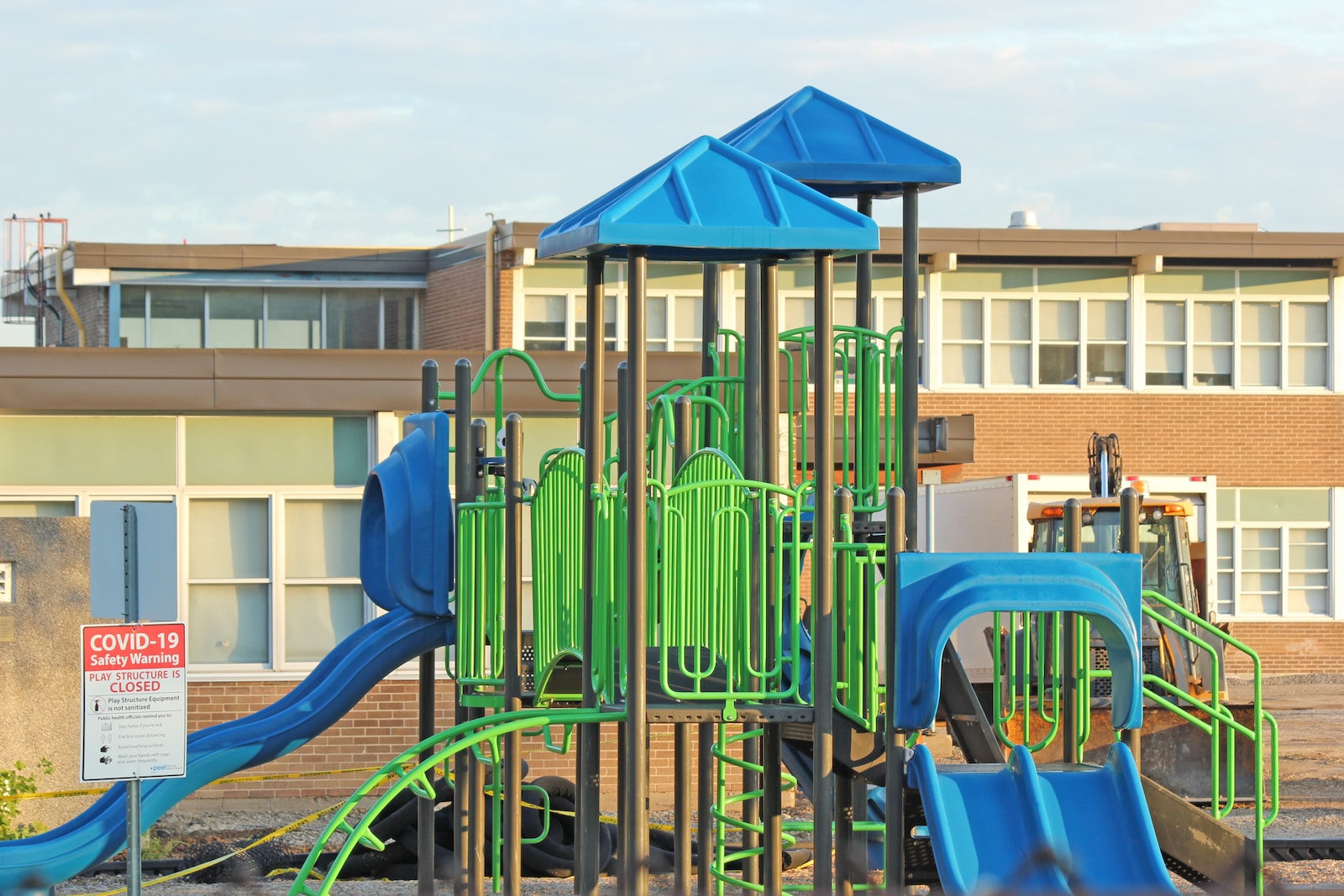Abstract
Both the indoor and the outdoor environments and their organization exert pronounced influence upon physical activity behavior and motor development of preschool children. The aim of this study was to explore whether partly structured activity or free play in a specific playground had different impacts on motor competence development in 4-6-year-old preschoolers. The study had a pretest-post-test design, with two intervention groups and one control. Sixty-two children were included in a partly structured activity group and forty-three children in a free-play group. Both groups participated in playground activities consisting of 10 sessions (once a week), each lasting 1 h, in a specific playground setting. For the partly structured activity group, activities in each session consisted of a combination of both structured and free activity while the free-play group were engaged in unstructured play only. The control group did not attend the playground activities (N = 36). To assess levels of motor skills, each child completed pre- and post-tests using the Movement Assessment Battery for children (MABC-2), the Test of Motor Competence (TMC) and two playground-specific tests. A 3 (study group) and X 2 (gender) ANCOVAs were conducted on post-test scores on each of the test items from TMC, MABC-II and playground tests, with pre-test scores as covariates. Post hoc pairwise multiple comparisons were conducted with the alpha Bonferroni corrected, and the partial eta-squared (_2p) was applied as a measure of effect size. The results indicate no significant differences in motor competence measured by the TMC or the MABC-2 between groups. On the contrary, a significant improvement in performance in the playground-specific tests was observed in the partly structured activity group compared to the free-play and control groups.
Keywords: motor skill; scaffolding; playground; active play; deliberate preparation
Journal: International Journal of Environmental Research and Public Health
Year: 2022



